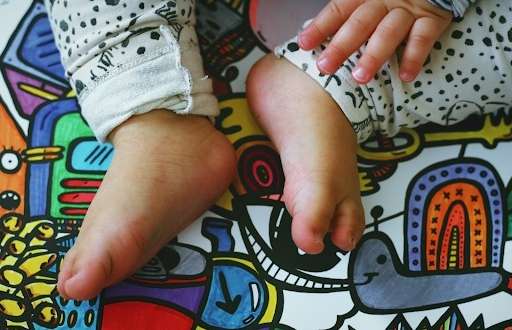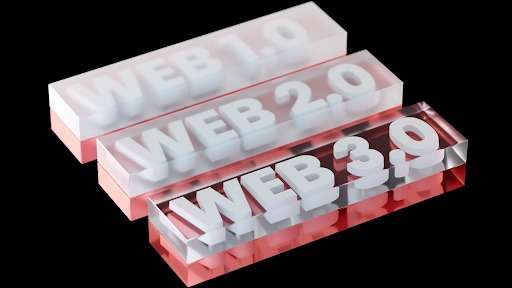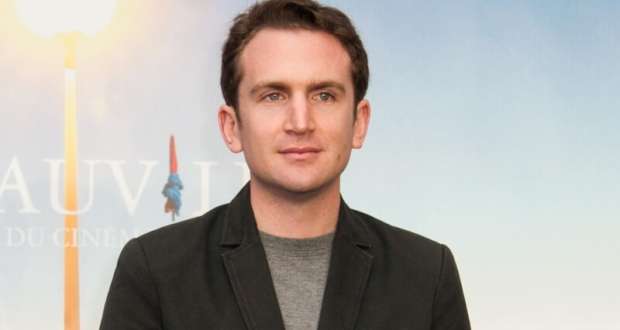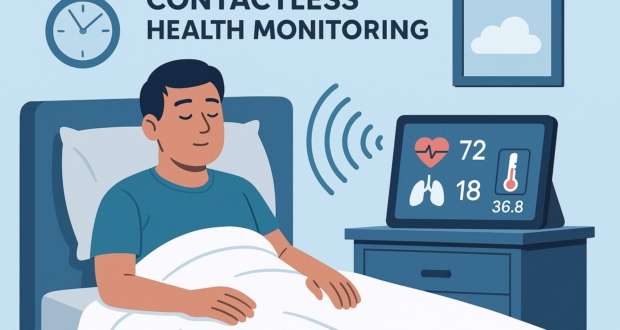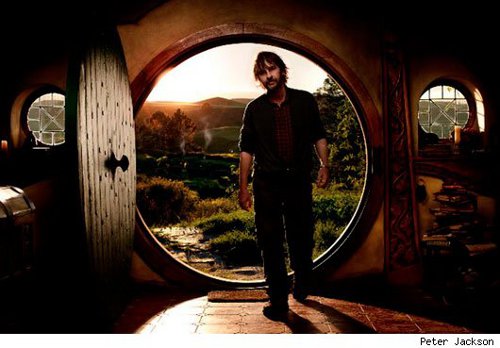Modern life hammers people with relentless pressure from every direction. Bad bosses pile on impossible deadlines, relationships hit rocky patches, bills stack up faster than paychecks arrive, and daily existence feels like swimming upstream. Most folks desperately need something—anything—to take the edge off these mounting frustrations. Comedy shows have quietly become society’s unofficial stress-relief system, doing far more than just killing time on the couch.
The Science Behind Laughter’s Healing Power
Brain researchers have discovered why a good laugh feels so powerfully restorative. Comedy viewing floods the system with endorphins—the body’s natural mood boosters that work better than most over-the-counter remedies. These chemicals actively combat stress hormones like cortisol, creating genuine physiological improvements in anxiety and depression symptoms. Regular doses of quality humor literally rewire neural pathways, making people more resilient when the next crisis hits.
Medical studies consistently demonstrate comedy’s therapeutic benefits. Hospital patients who watch funny programs heal faster and require less pain medication. Office workers who take comedy breaks report decreased burnout and improved job satisfaction. The timing of these humor doses matters significantly—strategic comedy consumption during high-stress periods can reset emotional states within minutes. Modern technology has made this intervention more accessible than ever, with streaming services and platforms like IPTV SMARTERS 4K delivering therapeutic content instantly whenever crisis strikes. Comedy becomes prescription medicine without the pharmacy visit, offering immediate relief from psychological distress through carefully crafted entertainment.
Finding Identity Through Character Connections
Television comedy succeeds by creating characters that reflect genuine human experiences with exaggerated but recognizable traits. Viewers recognize their own perfectionism in Leslie Knope’s municipal enthusiasm or see their romantic anxieties mirrored in Schmidt’s dating disasters. These fictional representations help people understand their personal quirks without harsh self-judgment. Comedy shows suggest that human flaws aren’t shameful defects but universal characteristics worthy of affection rather than criticism.
Character development in quality comedy programs provides frameworks for personal growth. When characters like Eleanor Shellstrop struggle with moral improvement or Jake Peralta learns to balance fun with responsibility, audiences absorb valuable life lessons through entertainment rather than lectures. These storylines offer practical examples of how people navigate career challenges, family dynamics, and relationship difficulties. Viewers learn coping strategies from fictional mentors who’ve already survived similar struggles and emerged stronger. Comedy transforms personal development from intimidating work into enjoyable observation, making self-improvement feel achievable rather than overwhelming.
Building Social Bonds Through Shared References
Comedy shows create cultural touchstones that connect strangers across different backgrounds and experiences. Shared references to “Parks and Recreation” episodes or “Brooklyn Nine-Nine” quotes provide instant common ground in social situations. These cultural markers help people identify others with similar values and humor styles, accelerating friendship formation in ways that formal introductions cannot match. Comedy fandom transcends geographic and demographic boundaries, creating communities based on shared appreciation rather than circumstantial proximity.
Digital platforms amplify comedy’s community-building potential through fan discussions, meme creation, and episode analysis. Online forums dedicated to specific shows become support networks where people share personal stories alongside entertainment commentary. These communities offer validation and perspective from others facing similar life challenges. When real-world relationships feel strained or insufficient, comedy-based connections provide alternative sources of understanding and belonging. The shows become catalysts for genuine human connection rather than barriers to social interaction, transforming solitary viewing into participatory community engagement that enriches daily existence.
Conclusion
Comedy programming serves essential mental health functions that extend far beyond simple entertainment value. These shows provide scientifically measurable stress relief, character-based learning opportunities, and community-building experiences that help people manage life’s inevitable difficulties. While comedy cannot solve serious problems independently, it builds emotional resilience and social connections that make challenges more manageable. Quality humor programming represents one of modern society’s most accessible and effective coping mechanisms for maintaining psychological well-being.




